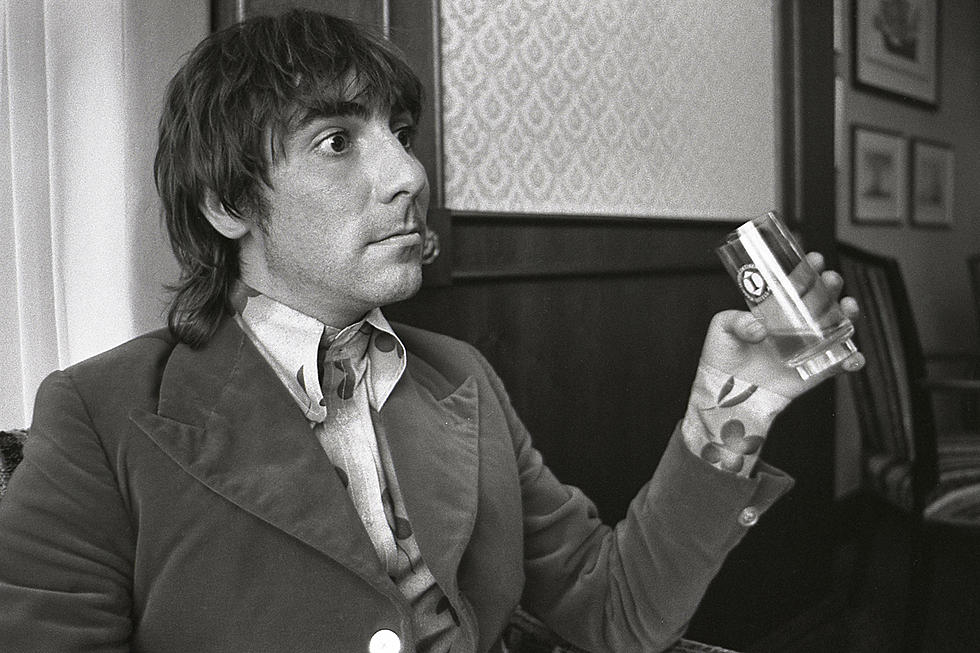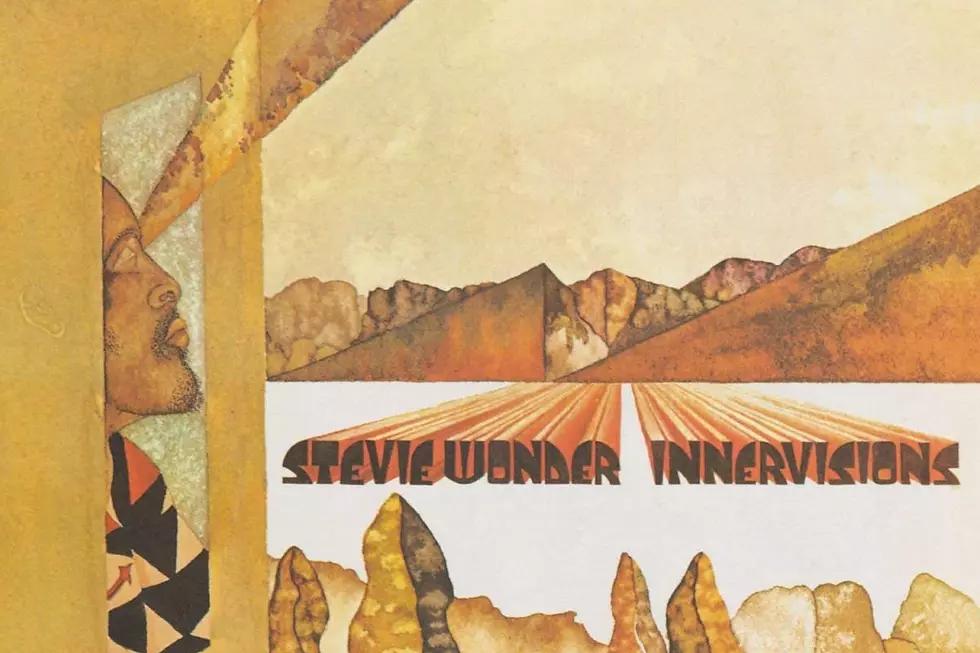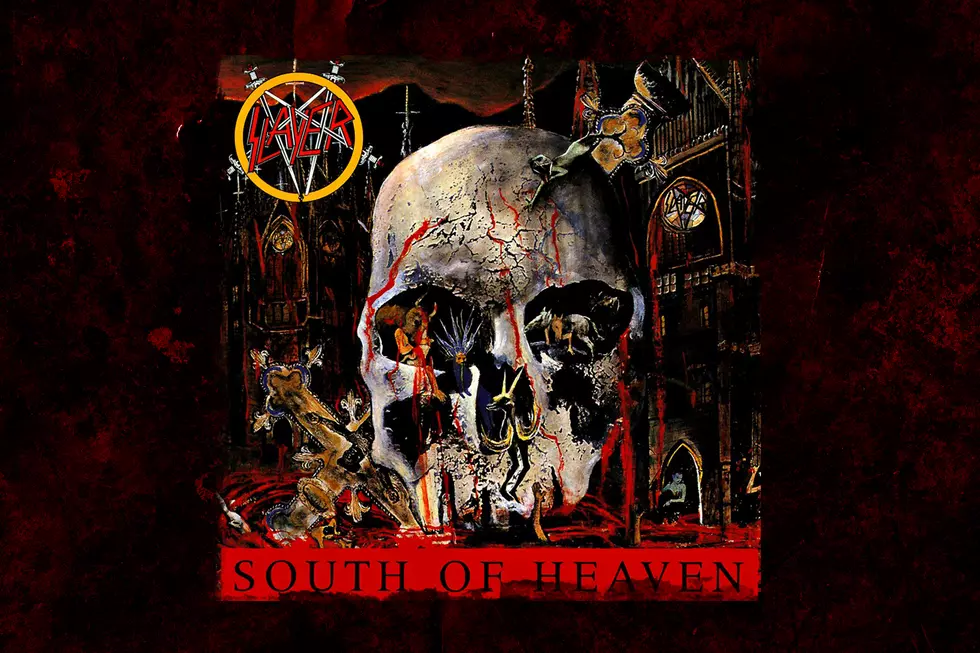
How Warren Zevon Finally Broke Through With ‘Excitable Boy’
Warren Zevon finally broke through the gates of the mainstream to become a commercial success with his third album, Excitable Boy.
Zevon had been kicking around the music business since the mid-'60s. He started off as a struggling songwriter and session musician who turned a few heads penning songs for the Turtles, and issued a couple great singles with singer Violet Santangelo under the name Lyme & Cybelle.
After his debut solo LP, Wanted Dead or Alive, went nowhere, he returned to work as a session player until signing with Asylum Records in 1975. Zevon became part of the soon-to-be elite tribe of musicians trolling the clubs and studios of Los Angeles at the time, along with Stevie Nicks, Lindsey Buckingham, and Linda Ronstadt.
Helped in part by an all-star cast including Fleetwood Mac's Mick Fleetwood and John McVie, Jackson Browne and Ronstadt, Released on Jan. 18, 1978, Excitable Boy is the culmination of everything Zevon had been working toward, and the songs from it rank among his best and most well known.
Watch Warren Zevon' Perform 'Werewolves of London'
The LP, produced by Browne, had the perfect combination of gloss and grit. Radio embraced the instantly catchy "Werewolves of London." The three-chord garage rocker would go on to hit the Top 30 and become Zevon's signature song. A one trick pony, however, Zevon was not, as the album is chock full of classics.
"Nighttime in the Switching Yard," "Accidentally Like a Martyr" and "Johnny Strikes Up the Band" are all brilliant songs, marrying the dirt of the streets with studio polish and smart as a whip lyrics. "Roland the Headless Thompson Gunner" tells the story about mercenary in Africa who gets his head shot off, only to become a phantom still on the hunt. Mix in references to the CIA, the Congo war and Patty Hearst and, well let's just say it's a long way from "Boogie tonight / Just a keep on tokin'" and other such lyrical party favors of the day.
Propelled by a killer guitar riff and a venomous vocal, "Lawyers, Guns and Money" is a perfect example of what made Zevon's best songs so great. You can have a great tune, and you can have great lyrics, but only when the two meet are there genuine fireworks. The dark, yet so often comedic alleys he walked, he seemed to walk alone. Exploring life, death, love, hate, internal and external politics, cynical yet hopeful, Zevon wrote songs like no one else really.
The album received great reviews, elevating Zevon to the upper echelon of the rock world, albeit only temporarily. Excitable Boy went on to crack the Billboard Top 10, and was certified gold shortly after its release.
44 Famous Records You Probably Didn't Realize Were Covers
More From KYBB-FM / B102.7










